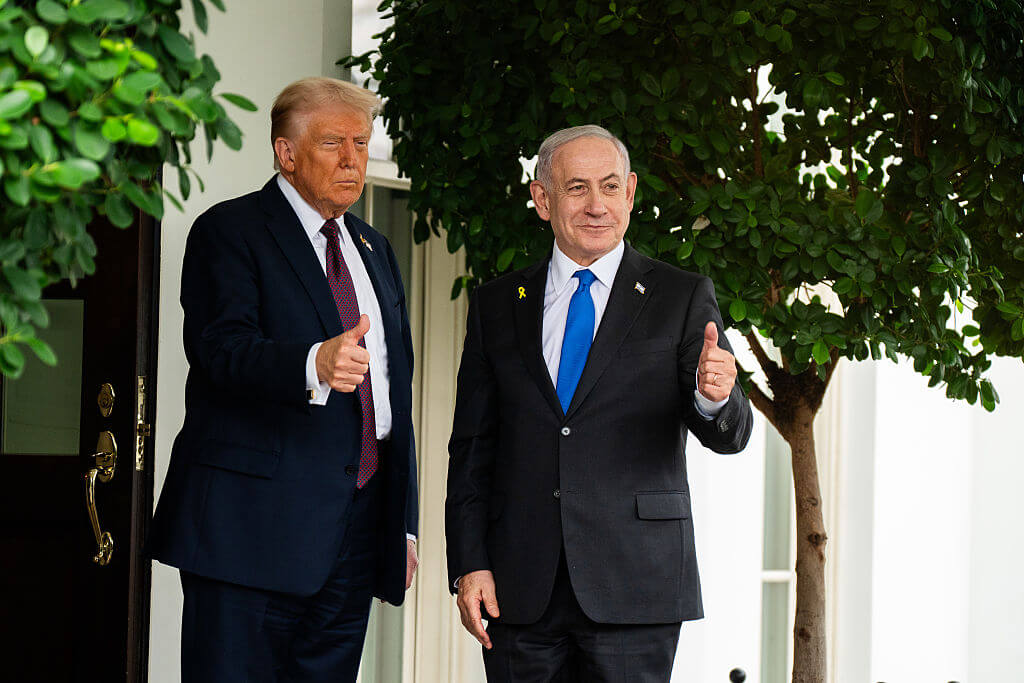U.S. Ambassador Urges Egypt’s Mohammed Morsi To Address Economic Woes
The United States has urged Egypt to move fast to agree a loan deal with the IMF, reform its energy sector and guarantee investors against “arbitrary acts” to avert a deeper slide in its economy.
In unusually blunt comments, U.S. Ambassador Ann Patterson said Egypt’s government and opposition must stop ignoring economic problems and work together to fix them.
“The most catastrophic path is for the government and the political leadership of the country – whether in power or in opposition – to avoid decisions, to show no leadership, to ignore the economic situation of the country,” she said in a speech delivered in Alexandria on Sunday, according to a text posted on the embassy’s website.
“The talks with the International Monetary Fund need to be brought to closure.”
Egypt has been negotiating for months on a $4.8 billion IMF loan but talks have been repeatedly delayed due to the Muslim Brotherhood-led government’s reluctance to cut goods and fuel subsidies on which poor Egyptians rely, an IMF source said.
Prime Minister Hisham Qandil met IMF chief Christine Lagarde in Davos, Switzerland, last month and said an IMF mission would return to Cairo within two weeks to conclude an agreement, but there has been no sign of a resumption of talks and the government has yet to issue an updated fiscal plan.
Patterson highlighted Egypt’s dwindling foreign reserves and a growing reliance on imported food and energy as warning signs, noting that these were key determinants of social stability.
“Egypt’s numbers paint a bleak picture,” she said. “Currency reserves are at a critical level, roughly $14 billion or three months’ worth of imports.”
The reserves are kept afloat only due to regular injections of cash by Qatar and Turkey, she said, noting that a black market for dollars was growing and the exchange rate “needs to respect fundamental laws of economics”.
The falling value of the pound, which has lost about 8 percent against the dollar since Dec. 31, pushed annual consumer price inflation up to 6.3 percent in January. Prices climbed by 1.7 percent in the month – the biggest monthly jump since the overthrow of former President Hosni Mubarak two years ago.
“These numbers do not take into account the billions that the government is in arrears to oil companies,” Patterson said.
London-based consultancy Executive Analysis puts Egypt’s accumulated debt to oil and gas producers at $9 billion. As a result, several foreign energy producers have cut production in Egypt or are refusing to invest in raising output or to issue letters of credit, industry sources said.
Senior liberal opposition politician Amr Moussa, a former Arab League chief, called for the government and opposition to agree to postpone parliamentary elections expected in April for six months and work together on the economy.
Citing the falling currency reserves and stumbling IMF talks, Moussa called in a statement for an urgent “reordering of priorities to mobilise all capacities to confront the present serious situation”.
He suggested that President Mohamed Mursi’s government and the opposition, made up of liberal, social democratic, leftist and Salafi parties, agree on a four-point initiative to restore public finances, reschedule the energy debt, revive tourism and investment and shield the poor from extra burdens.
Moussa said Egypt needed a $12 billion credit line, with money from the IMF, World Bank, United States, European Union and other friendly states, listing Russia, Japan, China, South Korea, Singapore, Turkey, Malaysia and Indonesia.
He suggested the energy debt should be handled by negotiating a rescheduling of Egypt’s arrears so it could resume exports and stop importing expensive oil and gas.
There was no immediate response from the government to his call, which political sources said was expected to be endorsed by several other opposition leaders in the coming days.













